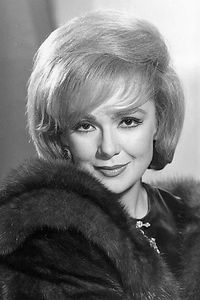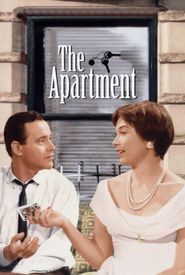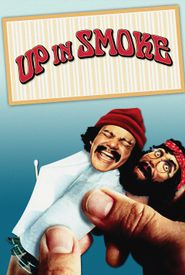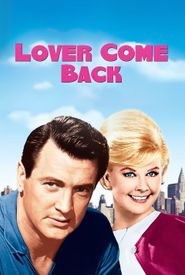Edie Adams was a talented and versatile actress, singer, and comedian who made a lasting impact on the entertainment industry. Born Edith Elizabeth Enke on April 16, 1927, in Kingston, Pennsylvania, she began her career as an opera singer and later transitioned to acting, studying voice and piano at the Juilliard School of Music and taking acting classes at the Columbia School of Drama.
Adams' big break came when she was signed up as a featured singer on Ernie Kovacs's comedy show, which originated in Philadelphia. The show, live and unrehearsed, became an innovative and groundbreaking effort in the relatively new medium of television. Outrageous and even incomprehensible at times, Kovacs' comedy was deemed way ahead of its time and had problems reaching mainstream audiences who didn't "get it."
Adams and Kovacs eloped to Mexico City in 1954 and their union produced a daughter, Mia Kovacs. The duo were a popular couple in the Hollywood social circuit and the connections she developed out there were quite valuable in furthering her career.
Early '50s TV opened many doors for Edie, and she waltzed right through them. Her New York stage debut in the popular musical "Wonderful Town" in 1952 had her walking away with the Theatre World Award for "Best Newcomer." A few years later, she slithered away with a supporting Tony Award for her bodacious take on the "Daisy Mae" character in the musical "Li'l Abner" (1956).
On film, Edie showed the public that she wasn't just a pretty face with her sharply unsympathetic supporting performance in Billy Wilder's "The Apartment" (1960) and a funny, sexier one in the second of Rock Hudson and Doris Day's three battle-of-the-sexes romps, "Lover Come Back" (1961).
One of Edie's last pairings with Kovacs was in 1960 when they appeared as guests on the very last episode of "The Lucy-Desi Comedy Hour" (1957). The pair appeared as themselves, with one of the highlights being Edie crooning the lovely ballad "That's All." Kovacs' sudden 1962 death was a terrible reversal of fortunes for Edie. An inveterate gambler, he left her owing much money to the IRS. Instead of filing bankruptcy, however, she worked her way out of debt. In the process, her career received a second wind.
Edie returned to the nightclub circuit from whence she came, recorded albums, and also toured the country in various dramatic and musical comedy vehicles, including "Rain" (as Sadie Thompson),"Bells Are Ringing", "Annie Get Your Gun" (as Annie Oakley),"I Do! I Do!", "Anything Goes" and "Bus Stop." She also received outstanding notices in a few of her films, whether dramas ("Love with the Proper Stranger" (1963),"The Best Man" (1964)) or frivolous comedies ("Call Me Bwana" (1963),"It's a Mad Mad Mad Mad World" (1963),"Under the Yum Yum Tree" (1963),"The Honey Pot" (1967)).
Moreover, she was handed her own musical variety show "Here's Edie" (1963) (aka "The Edie Adams Show") and received a couple of Emmy nominations for her efforts. She also took advantage of her famous impressions of Zsa Zsa Gabor and others, appearing in various TV comedy formats.
More than anything, however, it was her come-hither temptress pitching Muriel cigars that had TV audiences' tongues wagging. It was a smashingly successful and highly profitable coup for Edie professionally. Her late husband, a notorious cigar smoker, at one time sold Dutch Master cigars on TV. The idea then for Edie to pitch a competing slimmer cigar on TV was only natural. She had much to do with the direction of the commercials, which ran throughout the 1960s, providing them with a perfect blend of class, glamour, and sensuality.
While growing noticeably heavier in later years, she never lost her trademark humor and sex appeal. Edie could still be seen from time to time on the stage in such shows as "The Best Little Whorehouse in Texas", the female version of "The Odd Couple", "Hello, Dolly!" and "Nunsense." She remained committed to the end to restoring/preserving her late husband's videotapes and kinescopes of his ground-breaking '50s TV work.
Edie got married again in 1964, to photographer Marty Mills, with whom she had a son, Josh Mills. That union ended in divorce in 1971. The following year, Edie married jazz trumpeter Pete Candoli. She and Candoli, who died in January of 2008,


































































